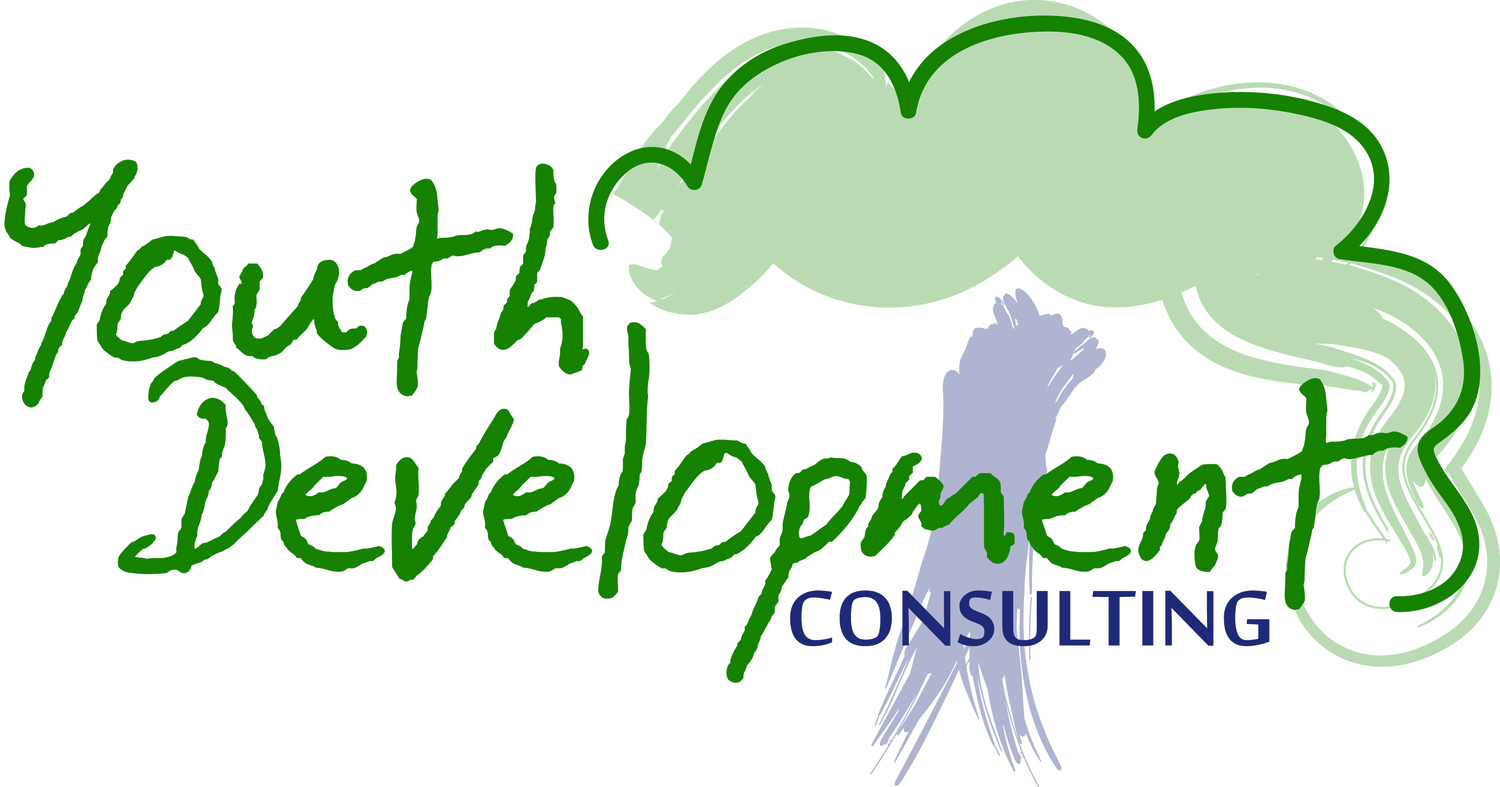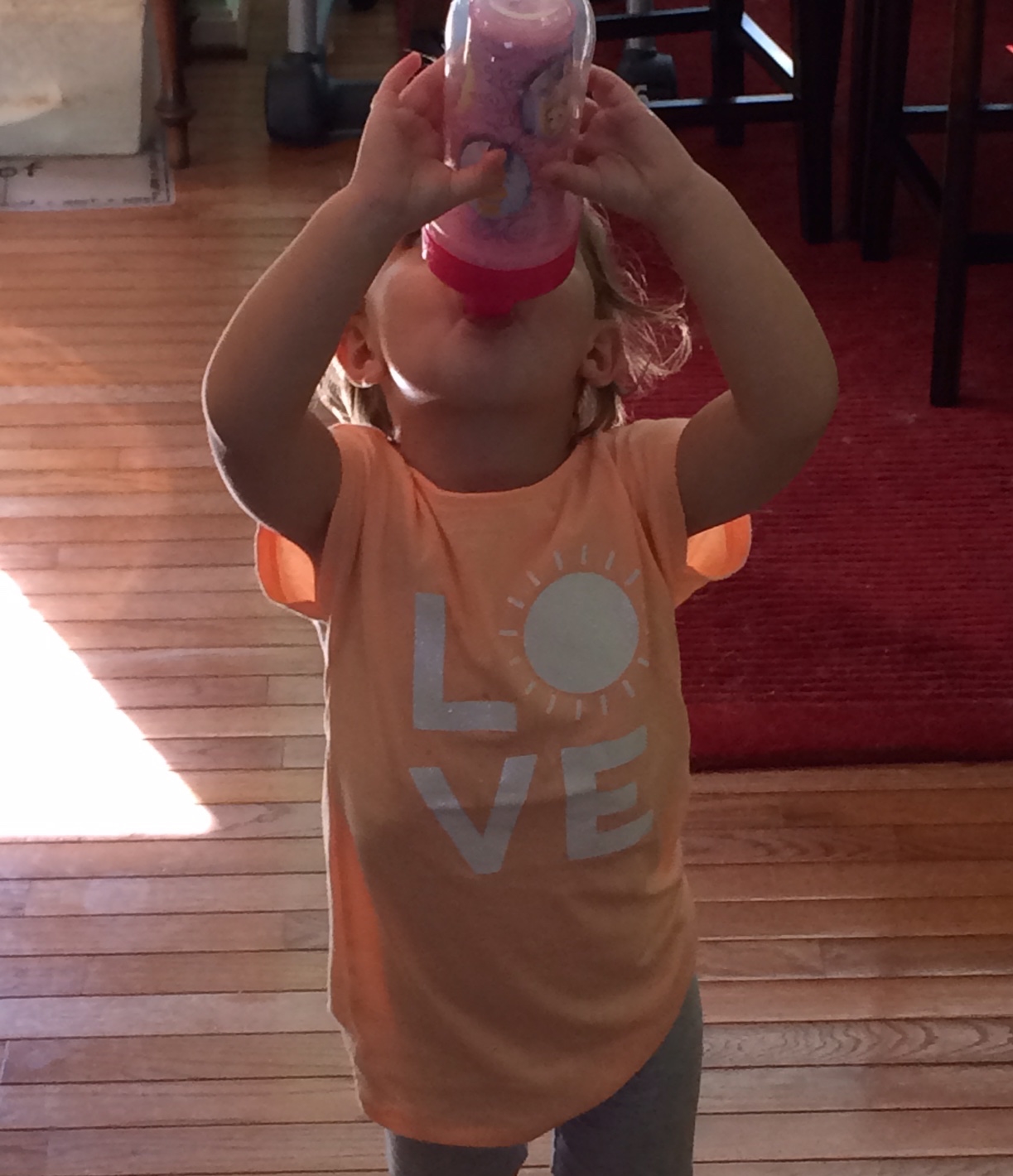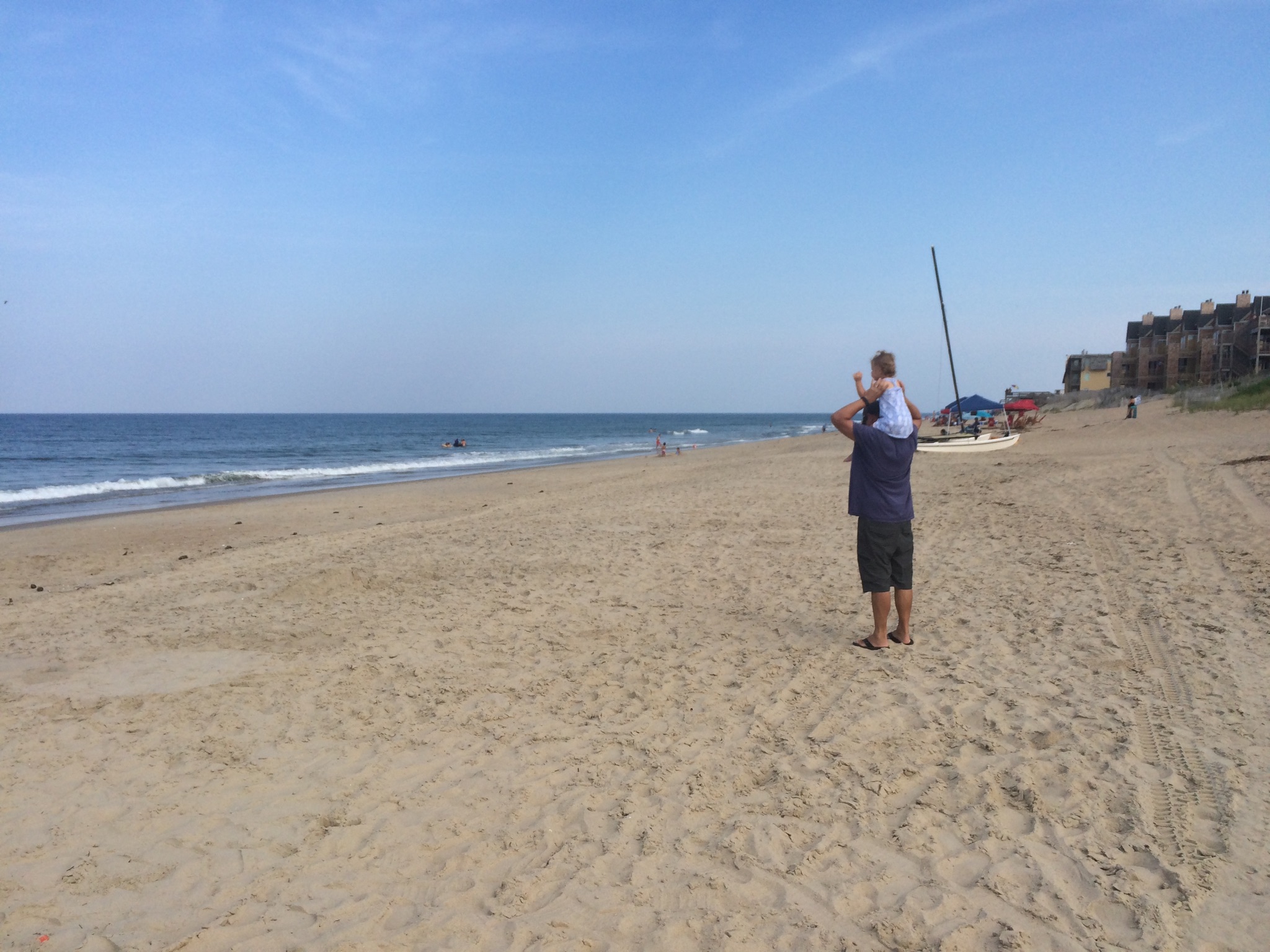Speak up?
/My wife and I had a conversation just the other day about when it’s OK to intervene when another child is aggressive or tries to take something from our daughter. Both of us have a Ph.D. in education and have worked extensively with children, yet we found the issue to be a challenging dilemma. First, we had to consider the message we would be sending to our daughter about her ability to advocate for herself. Second, we were concerned with what the other child’s parents (or teacher), or other adult observers might think if we intervened. Would it be better to tell the adult responsible for the environment or situation (teacher, coach, etc.), or to just act on our daughter’s behalf?
As I write this column, I am not going to pretend I have all of the answers. However, given the amount of time that youth staff members spend interacting with parents and children, the question of how and when to allow a parent to speak to someone else’s child is worth exploring. Before you read my take, I want to stress that these are conversations that must be discussed internally as a staff team, and whatever expectations you have must be communicated, modeled, and enforced consistently across youth programs.
When It’s An Obligation
The one obvious time it is OK and really an ethical responsibility to speak up and/or intervene is a risk of physical or emotional harm. The former situation is easier to identify than the latter. If a child is preparing to do anything that might cause bodily harm to himself or herself or someone else, you should act. There are two caveats:
- By acting, you do not put yourself in harm’s way.
- By acting, you are not causing any harm.
The potential for significant emotional harm is not always as easy to recognize as the potential for physical harm. Unkind words are never easy to hear, especially when directed at your own child. That said, isolated instances or occurrences generally do not predict long-term harm (keeping in mind that each child and situation is unique). What is immediately worrisome and might likely warrant a timely intervention is observing a pattern of exclusion or demeaning (bullying) behavior, or a group of children targeting an individual. In either case, stepping in to stop a negative action and then notifying the responsible coach/instructor/teacher may be appropriate.
It’s Not The Time Or Place
The flip side of the obligation scenarios is the time when parents need to stay out of the picture. Asking a parent to remove himself or herself from a situation is never easy to do, but at times it is necessary, but advice on how to have those types of conversations is a topic for another day. Simply put, parents (and any adult really) need to stay out of situations when the children are working through a conflict/dispute in an appropriate manner. To be clear, it is OK to step in if the children are working the matter out in a manner other than what the adult would choose, or if the outcome the young people arrive at is not what the “grown-up” believes is fair or just. Youth need to have the opportunity to practice standing up for themselves and working through confrontation and conflict. Not only does intervention from adults deny them the opportunity to build those skills, but also can be a source of embarrassment for the children of the intervening parent(s).










